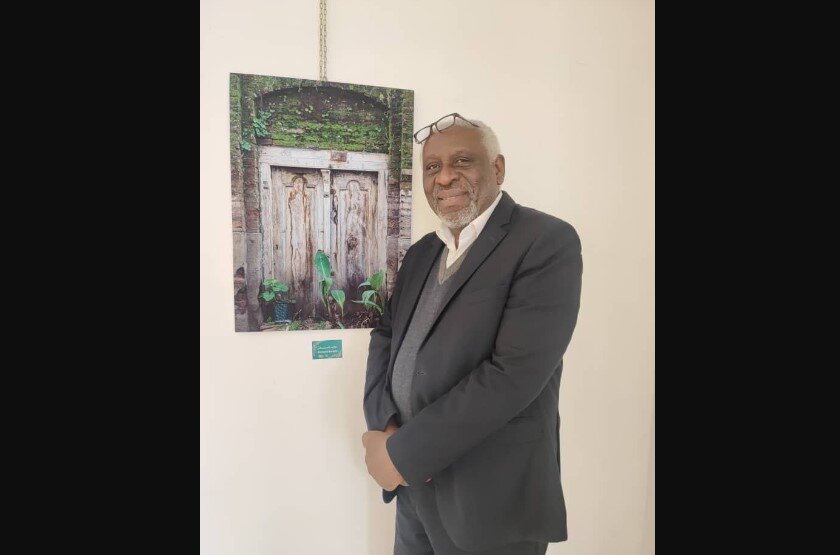Iran's Resistance Theater can become artistic reference for Muslim nations, Iraqi expert says

TEHRAN- Iran’s Resistance Theater Festival has established significant ties with Muslim countries, Iraqi theater scholar and expert Abdul Karim Abboud has said.
He emphasized that the Resistance Theater Festival can serve as a cultural reference point within the region.
He made the remarks during his visit to Iran for the 19th edition of the International Resistance Theater Festival, which was held in Tehran and various cities across the country from November 28, 2024, to January 8.
He underscored the readiness of the Iraqi theater community to engage with Iran's Resistance Theater Festival.
In his comments, Abboud highlighted the expansive nature of theater, which encompasses a wide range of subjects, and noted the emergence of a remarkable artistic trajectory in Iraq's theater scene, particularly focusing on themes of resistance.
"The concept of resistance in our theater revolves around the Palestinian issue, the national struggle of the Iraqi people against the Ba'ath regime, the fight against ISIS, and honoring the martyrs," he explained.
Touching upon the history of theater production in Iraq, he stated that plays focused on resistance have been performed in various cities, including Baghdad and Basra, as well as cities in Iran, such as Khorramshahr and Shadegan.
"Our performances not only showcase our work in Iraqi cities but also extend to Iranian cities, fostering a mutual exchange," he added.
Abboud further acknowledged the significance of Iran's theater events, specifically the Resistance Theater Festival, due to their shared thematic focus on resistance.
"One of the prominent features of Resistance Theater is its emphasis on vital regional and Palestinian issues, which resonate deeply with Arab-speaking artists across Islamic countries," he noted.
He announced the Baghdad Theater Festival's readiness to collaborate and synergize with the Resistance Theater Festival, expressing interest in leveraging the experiences garnered from Resistance Theater.
"We are keen to benefit from the expertise of Iranian artists, particularly in children's and youth performances, as well as in research and critique," he noted.
Emphasizing the inclusivity of Islamic countries towards the Resistance Theater Festival, he suggested the establishment of offices and secretariats for the festival in various Islamic nations, including Iraq, Lebanon, and Yemen. This initiative aims to create a seamless communication framework between the festival and Arab-speaking artists.
He praised the young team managing the Resistance Theater Festival and affirmed, "We are pleased to see trust placed in a young team for the Resistance Theater Festival. We hope to expand the festival's reach to all Muslim countries, as the essence of the Resistance Festival represents a common voice shared by all Muslims."
Abboud highlighted the Ministry of Culture of Iraq's commitment to empowering talented youth in theater, stating that it aims to invigorate the theatrical landscape with fresh ideas and perspectives, given the youthful forces' ability to connect and engage effectively.
He also confirmed the Baghdad Theater Festival's openness to hosting Iranian theater groups, acknowledging the deeply-rooted and civilizational ties between Iran and Iraq.
"Culture, theater, and humanity will serve as the foundation for the solidarity between Iran and Iraq, which is invaluable and will never be severed," he remarked.
He also pointed out the diversity of themes in theater, noting that subjects with religious, spiritual, and resistance dimensions often attract greater attention.
"We witness wonderful and positive developments in cities like Babel, Basra, and Mosul, each of which hosts separate festivals," he concluded.
SAB/
Leave a Comment